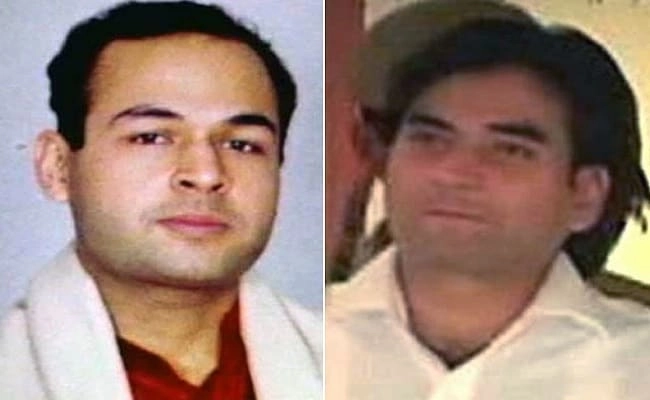During the recent bail hearing of Vikas Yadav, a key figure in a high-profile murder case, the Supreme Court raised significant questions regarding the role and responsibilities of his mother. The inquiry into “What Is His Mother’s Fault?” reflects a broader examination of familial accountability in legal proceedings. The court’s probing questions highlight the complexities of justice, particularly in cases where familial ties may intersect with criminal behavior.
Vikas Yadav, the son of a prominent politician, has been embroiled in a murder case that has attracted considerable media attention and public scrutiny. As the court evaluated the merits of his bail application, it sought to understand the extent to which his mother’s influence and actions might impact the case. This line of questioning not only underscores the intricate dynamics of parental responsibility but also emphasizes the potential ramifications of a privileged background in legal contexts. The court’s focus on maternal culpability raises critical discussions about how societal expectations shape perceptions of justice and accountability.
The Supreme Court’s inquiry serves as a reminder that the legal system must grapple with the nuances of family relationships, particularly in cases involving individuals from influential backgrounds. The court’s quest for clarity on the mother’s fault is not merely about assigning blame; it signifies a deeper exploration of the moral and ethical obligations that come with parenthood. This case exemplifies the challenges faced by the judiciary in navigating cases where personal connections and social standing may complicate the pursuit of justice. As the hearing unfolds, it will be essential to consider the implications of the court’s findings on how society views familial roles in the context of crime and punishment.




